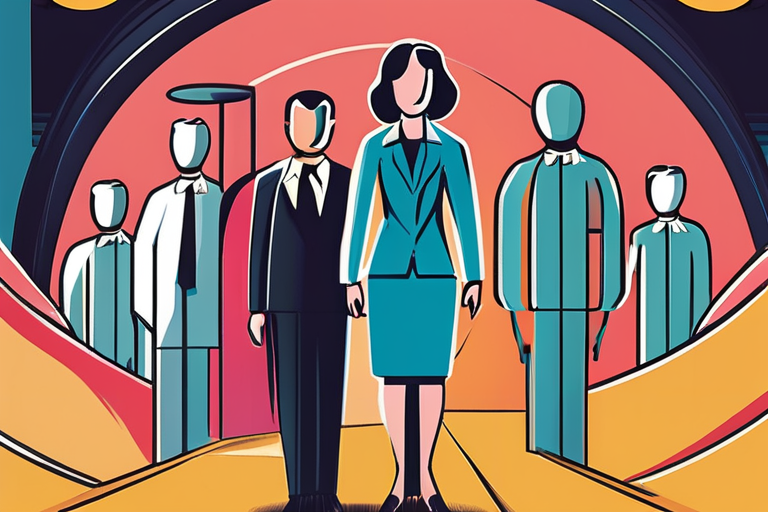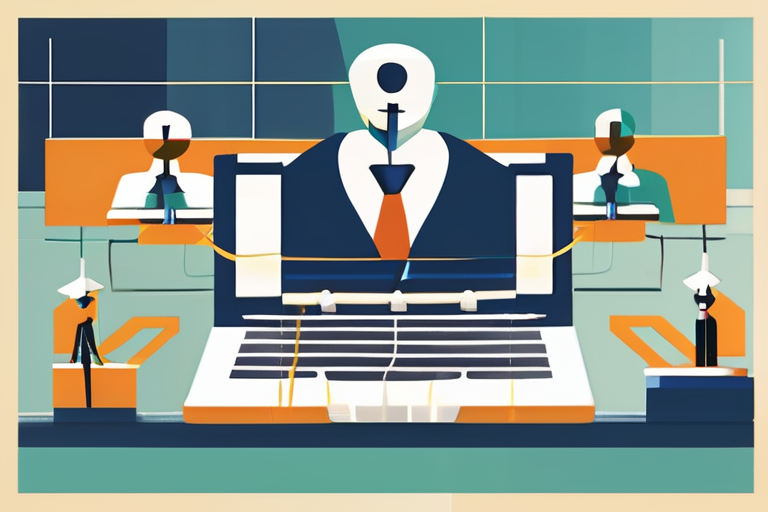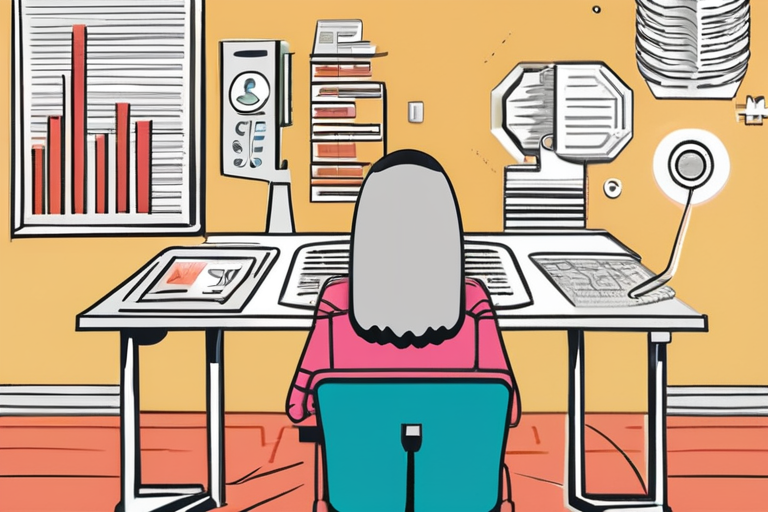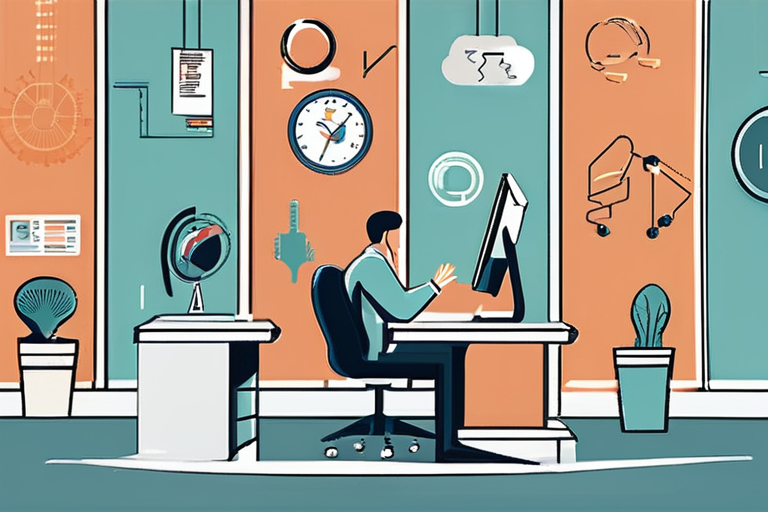Leaders Embracing "The Gift of Doing Less" to Empower Others and Drive Growth


Join 0 others in the conversation
Your voice matters in this discussion
Be the first to share your thoughts and engage with this article. Your perspective matters!
Discover articles from our community

 Hoppi
Hoppi

 Hoppi
Hoppi

 Hoppi
Hoppi

 Hoppi
Hoppi

 Hoppi
Hoppi

 Hoppi
Hoppi

The Unconventional CEO: How Two Co-Leaders Are Redefining the Top Job Imagine a world where one person can't possibly do …

Hoppi

Self-Understanding Key to Building Trust, Clarity, and Credibility in Leadership A growing body of research suggests that self-understanding is a …

Hoppi

GoodRx CEO Warns of "Uncomfortable Trend" as Employees Gain Too Much Power The pandemic-driven shift in the balance of power …

Hoppi

Business Leaders Share Strategies for Achieving Work-Life Balance In an era of increased working flexibility, many professionals struggle to maintain …

Hoppi

Katie Best's SOLVE Method Helps Leaders Tackle Complex Problems Leadership expert Katie Best has developed a problem-solving framework called SOLVE …

Hoppi

Leaders Learn to Cultivate Curiosity in the Workplace A recent study by Dr. Diane Hamilton, a renowned expert on curiosity, …

Hoppi